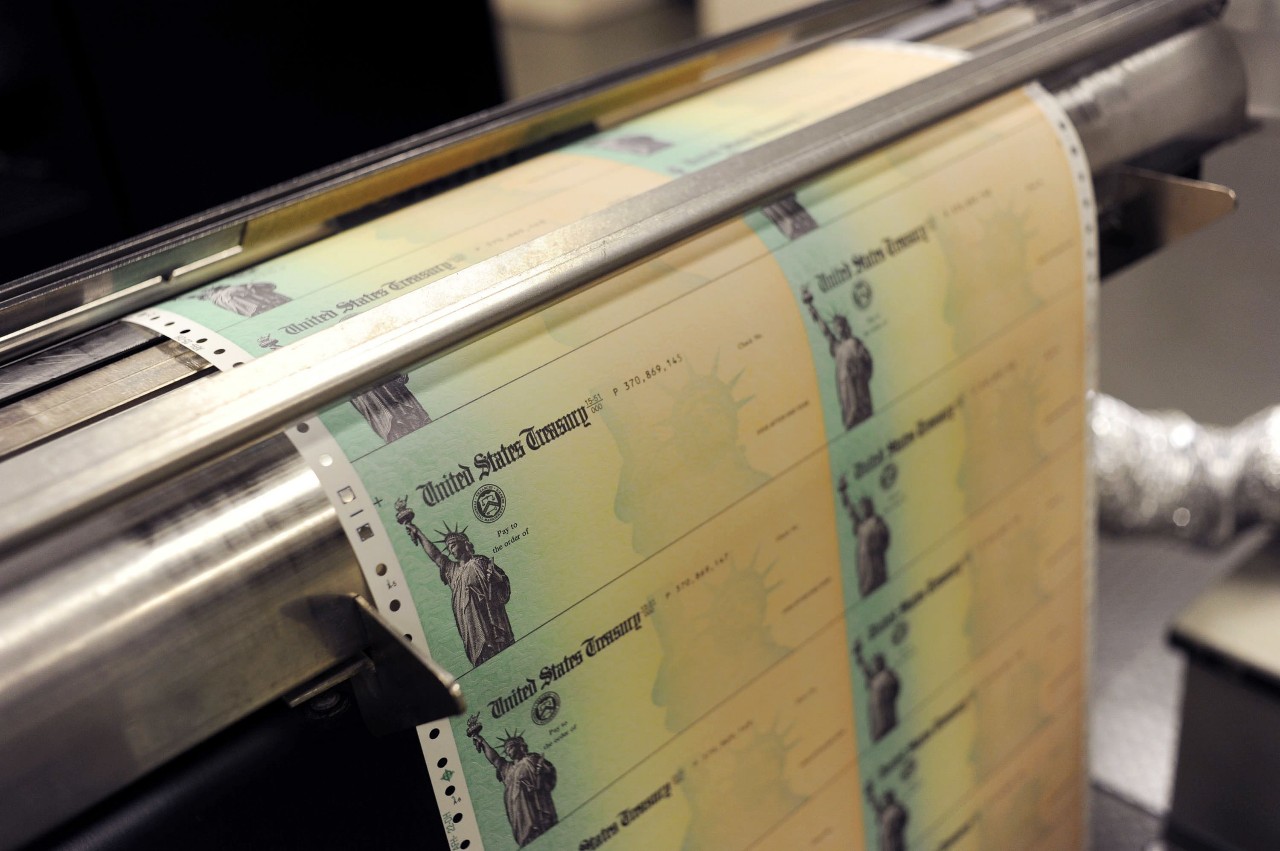
However, you shouldn’t count on receiving the entire amount of your guaranteed benefit. This is because it’s quite likely that you’ll owe taxes on the money you get, live in one of the 13 states that have tax laws.
More Tax On Social Security Checks
Both federal and state government is planning to take away a part of retirees’ social security. Once security checks of senior citizens reach the limit of $25000 and $32000 for singles and married couples respectively then the IRS levy an extra tax on them. But this is only work in 13 states which are: Colorado, Connecticut, Kansas, Minnesota, Missouri, Montana, Nebraska, New Mexico, North Dakota, Rhode Island, Utah, Vermont, West Virginia. Only those with higher incomes need to be concerned about losing some of their money as a result of this. Residing seniors in these states should know the tax rules.
It Is Important To Know About Tax on Social Security
IBTimes reports because many retirees live on a fixed income, understanding the tax regulations that apply to their Social Security payments is critical. Before you retire, calculate how far your Social Security benefits will stretch, compare that to your monthly expenses, and ensure that your savings will offer enough extra income at a safe withdrawal rate.
When benefits taxes diminish the quantity you have left to expend, one may find yourself in a financial bind that drives you to deplete your savings too quickly or makes it impossible to afford other necessities. You can prevent this outcome by increasing your savings rate or migrating to a location where you can keep even more your Social Security money by studying your state’s tax requirements.
